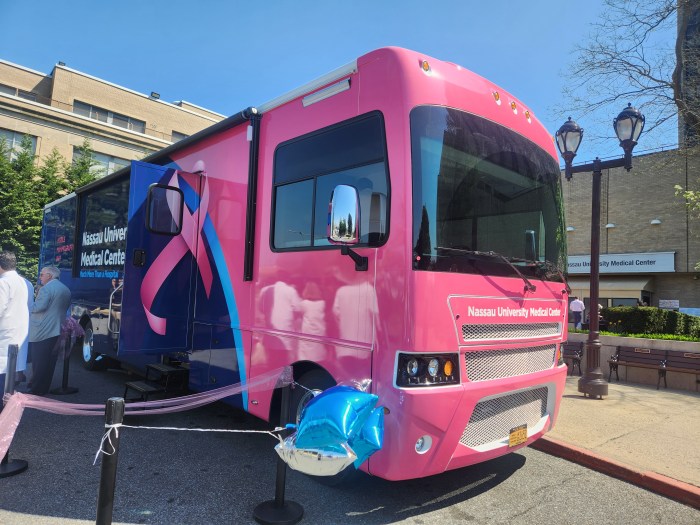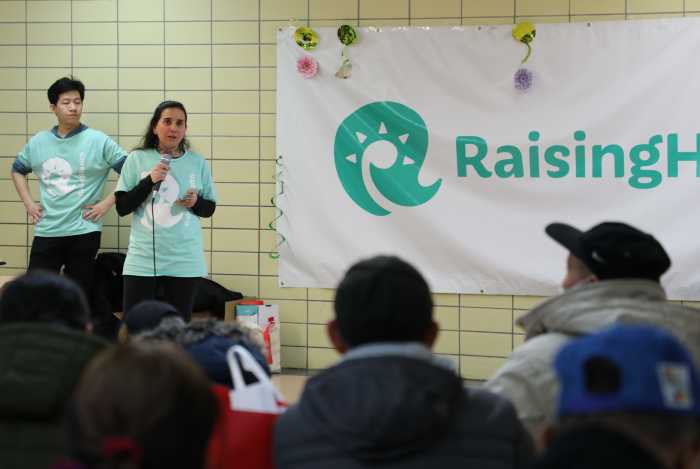Experts say the nation is no longer facing a heroin crisis, it’s facing a fentanyl epidemic.
Fentanyl is now the drug most frequently involved in overdose deaths nationwide, according to a December report by the U.S. Centers for Disease Control and Prevention (CDC). The rate of drug overdoses involving the powerful synthetic opioid skyrocketed by about 113 percent each year from 2013 through 2016, replacing heroin as the deadliest drug. In 2016, more than 18,000 fatalities were attributed to fentanyl, according to the CDC.
On Long Island, by 2016, fentanyl deaths on LI outnumbered deaths from vehicle crashes.
Fentanyl is typically used to treat patients with severe pain or to manage pain after surgery but it has in recent years flooded the U.S. market, coming in from China often through Mexico, research shows. The painkiller, about 100 times more potent than morphine, is being mixed in with heroin, cocaine, and other drugs to boost profits and boost the high. Since it’s inexpensive, it’s being “pressed” into fake oxycodone pills — with deadly consequences.
“My findings continue to show that fentanyl is in approximately 90 to 95 percent of all heroin,” says Dr. Russell Surasky, the medical director of an outpatient addiction treatment program in Bethpage who analyzes thousands of urine samples monthly. “Even more frightening is the rise of fake pills which are made from fentanyl … I estimate that about 75 percent of oxycodone pills bought on the street contain fentanyl. In recent months there have been numerous cases of individuals who are dying from ingesting just one of these fake pills.”
In October, President Trump signed into law the Synthetics Trafficking and Overdose Prevention (STOP) Act. Effective Jan. 1, 2019, the law mandates that Customs and Border Protection use advance electronic data to screen all international packages — even those delivered by the U.S. Postal Service. A loophole in the global postal system had allowed criminals to ship deadly drugs like fentanyl into the U.S. without detection by law enforcement.
Long Island began to see sharp spikes in fatal fentanyl overdoses after 2012. But it was in 2016 that the number of Long Islanders to die from fentanyl jumped to a startling 289. Part of the rise is attributed to the medical examiners’ offices recognizing new fentanyl analogs, which are drugs that are developed to imitate a particular drug, but with different chemical compounds.
Overall, fatal opioid overdoses on Long Island are down from 614 in 2017 to 483 in 2018, according to preliminary statistics from the county medical examiners.
Garrett Kassler’s family is all too familiar with the popular synthetic opioid. The Plainview man had struggled with heroin addiction for several years but was clean for the months leading up to his February 4, 2017 overdose death. The medical examiner confirmed the 26-year old died from sniffing heroin cut with fentanyl. His parents started the Garrett L. Kassler Memorial Fund to help others suffering with substance use disorder.
“Had it been several years ago, and just heroin, maybe the results wouldn’t have been so catastrophic,” says his father, Lee Kassler. “All it takes is just once. Whoever’s choosing to use today, it’s a death sentence.”
A relapse after a period of sobriety is always a dangerous time for an opioid abuser as their tolerance level is lowered. Fentanyl makes it even more deadly.
“If you know someone who is using opioids, it is an absolute medical emergency which requires urgent help to stay alive,” says Dr. Surasky.
WHERE TO FIND HELP
For grief support: compassionatefriends.org
For info and referrals 631-979-1700
24/7 Hotline Long Island Council on Alcoholism And Drug Dependence (LICADD)
For personal recovery: nassauna.org
Nassau Narcotics Anonymous (NA)
If you’re struggling: Vivitrol Information & Support Group, Tuesdays 7- 9 p.m. at St. Bernard’s Parish School, 3100 Hempstead Tpke., Room 209, Levittown.
































